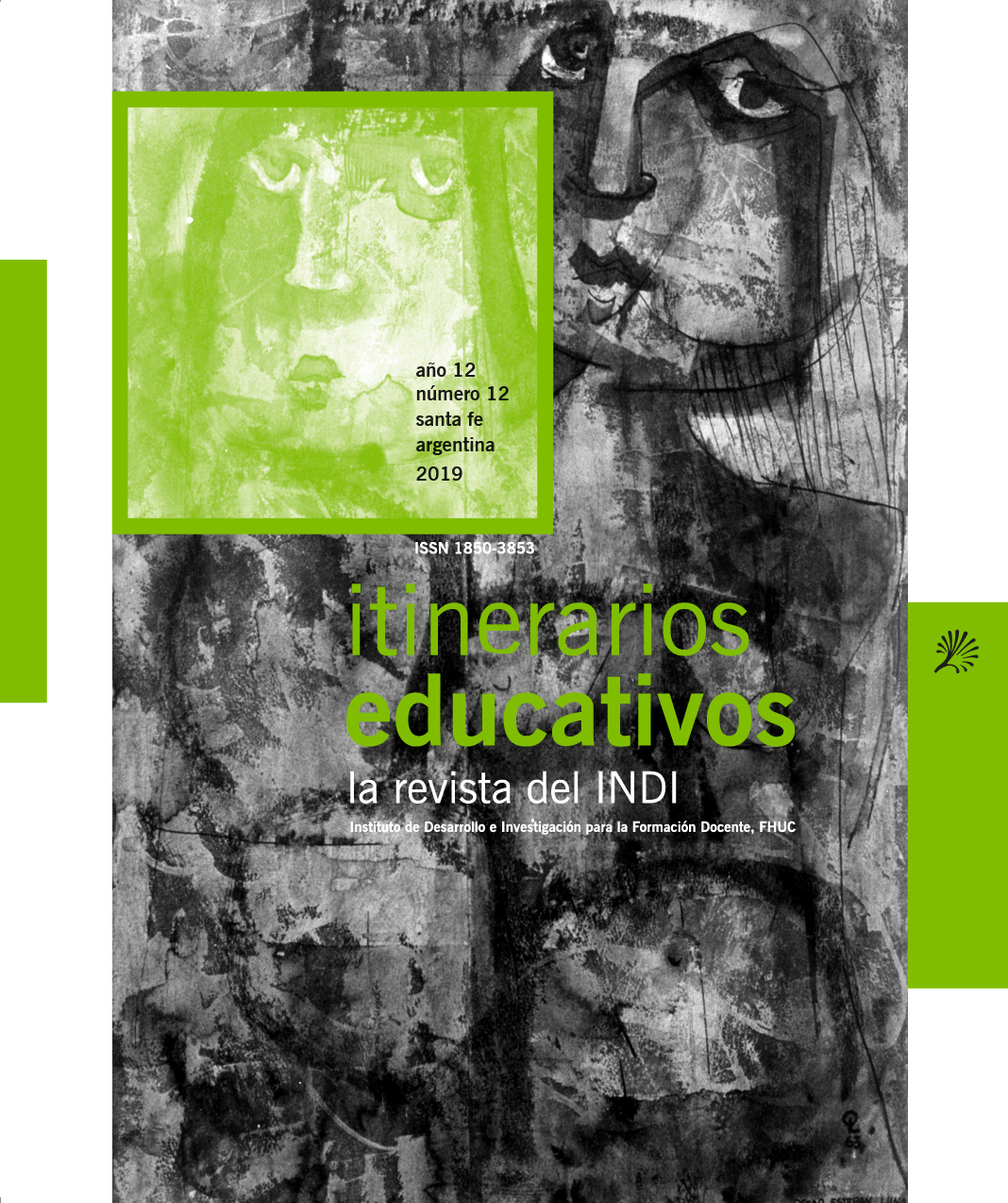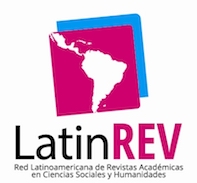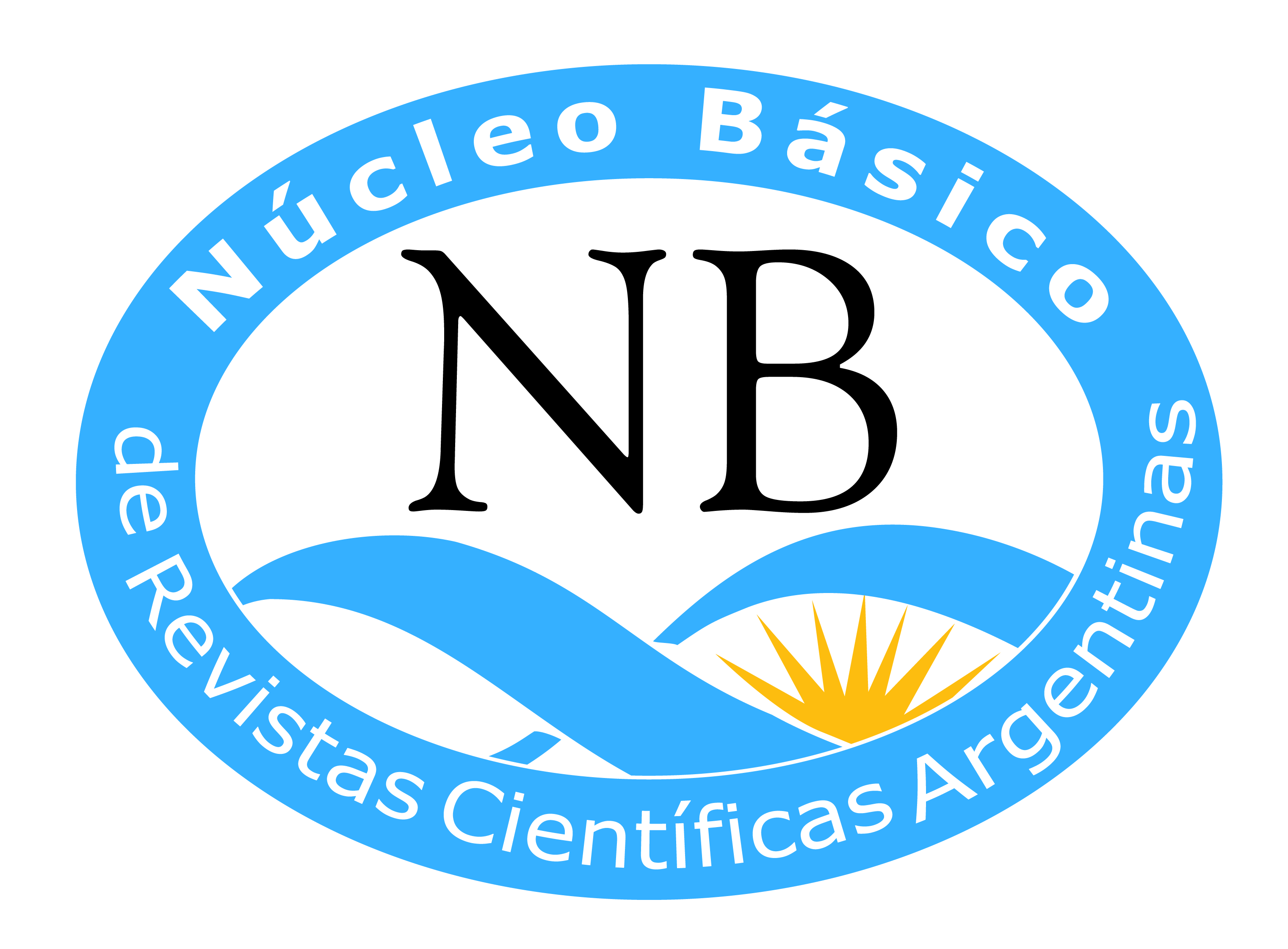Sexuality Education at University Level - Accounting for the Experience of the Seminar held in 2018 at the Faculty of Humanities and Sciences of Universidad Nacional del Litoral
DOI:
https://doi.org/10.14409/ie.v0i12.8831Keywords:
Comprehensive Sexuality Education · gender · university · feminist pedagogyAbstract
This article is intended to give an account
on the Optional Seminar ‘Gender and Comprehensive
Sexuality Education in an Interpellation to Sciences
and Public Policies’ held in 2018 at the Faculty of
Sciences and Humanities, Universidad Nacional del
Litoral (FHUC-UNL, for their Spanish initials). This
paper shows some lines about the context of the
emergence of proposals, pedagogical decisions, didactic
dilemmas, and some temporary certainties from
the viewpoint of the faculty and retrieving the views of
the participating students. Teaching and learning are
privileged human practices to rethink about oneself/
ourselves/others in terms of sexual rights, disclosing
the matrices which perpetuate homo-lesbo-transphobic
sexism as regards bodies, pleasure, and desire,
revisiting disciplinary areas, education, and professional
practices. The proposal is contextualized in
a feminist pedagogical approach that calls for horizontality,
collective work, and participation with the
freedom required to discuss the addressed issues and
even to express different positions. Reflecting on the
delivery of this seminar aims at demonstrating that comprehensive
sexuality education at university level opens
the ways to imagine strategies for building gender and sex
justice from professional performance, which is not only
desirable but, above all, possible.
Downloads
Published
How to Cite
Issue
Section
License
Those authors who have publications with this magazine, accept the following terms:
The authors will retain their copyright and guarantee the journal the right of first publication of their work,
which will be simultaneously subject to the Creative Commons Recognition License that allows third parties to share
the work whenever its author and first publication this magazine.
Authors may adopt other non-exclusive licensing agreements for the distribution of the published work (eg, deposit
it in an institutional telematic file or publish it in a monographic volume) whenever the initial publication in this
journal is indicated.
Authors are allowed and advised to disseminate their work through the Internet (eg, in institutional telematic files
or on their website) before and during the submission process, which can produce interesting exchanges and increase
citations of the published work. (See The effect of open access).
















